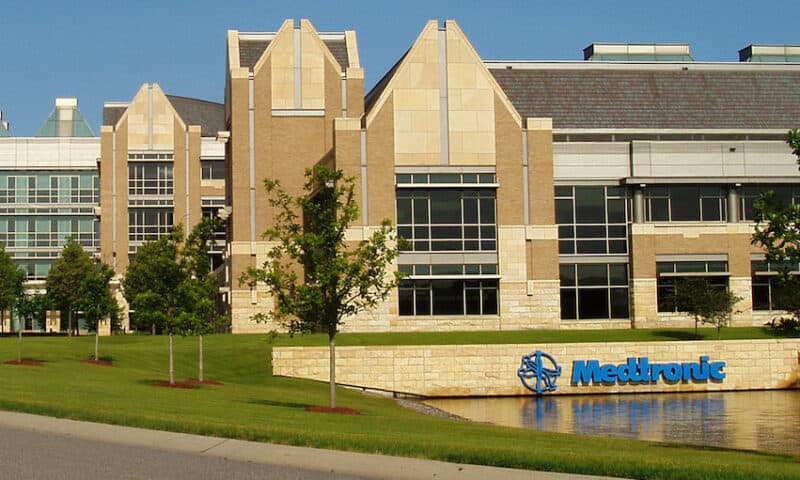The Department of Justice has begun investigating whether Medtronic’s acquisitions curbed competition among manufacturers of ventilators—and potentially impacted the number of lifesaving devices available today—following a series of deals over the past several years, according to a report from The Wall Street Journal.
The story starts in 2012, when Covidien bought up ventilator manufacturer Newport Medical for $108 million, which sold its devices around the world. Three years later, Medtronic would pay about $50 billion in its deal for Covidien and all of its assets, picking up Newport in the process.
But prior to that, in 2010, Newport had signed a ventilator supply contract with the U.S. government—a deal that would later fall through with no devices delivered following its acquisition by Covidien, the WSJ said.
Medtronic has since received a civil subpoena for more information, according to the report, and the medtech giant said it is fully cooperating with the Justice Department’s review of the 2012 transaction. The company also said the ventilator production remains competitive, with multiple major manufacturers established within the market.
The 2010 contract and the subsequent Covidien-Newport acquisition were previously the subject of a letter (PDF) sent by members of the House Judiciary Committee and its antitrust-focused subcommittee to the head of the Federal Trade Commission in April. Members of Congress asked the agency to provide documents and a briefing regarding its past approval of the deal.
Today, Medtronic continues to make and sell Newport ventilators, including a portable device designed for home care and emergency situations as well as a larger version designed for hospitals.
Medtronic has also increased ventilator production during the COVID-19 pandemic, including through a project to tap assembly lines at electric car maker Tesla, alongside other manufacturing partnerships. It received a $9.1 million contract from the Department of Health and Human Services for the delivery of just over 1,000 ventilators earlier this year.

